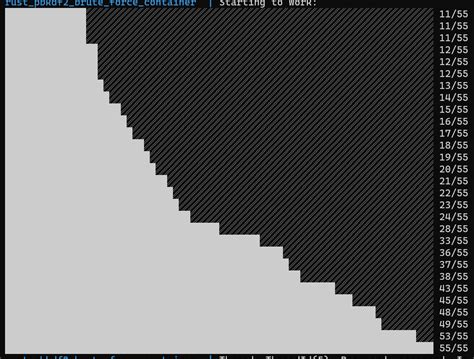The Invisible Burden: Why Men Resist Asking for Help
For many men, the phrase “figure it out on your own” isn’t just a suggestion; it’s an unspoken creed, an internal pressure woven into the fabric of their upbringing and societal expectations. This deeply ingrained belief in self-reliance, while seemingly a virtue, often becomes an invisible burden, profoundly shaping how men approach challenges and, crucially, their willingness to seek help or advice when confronted with difficulties.
The Genesis of Self-Sufficiency
The roots of this pressure are complex, stretching back through generations. Traditional masculine ideals often equate strength with independence, emotional stoicism, and problem-solving prowess. From a young age, boys are subtly (and sometimes overtly) encouraged to suppress vulnerability, to tough it out, and to be the “fixer.” This narrative suggests that true masculinity means being capable of handling anything thrown your way without external assistance, implying that seeking help is a sign of weakness or inadequacy.

The Barrier to Openness
When faced with professional setbacks, personal crises, or mental health struggles, this internal mandate to “figure it out” creates a significant barrier. Instead of reaching out to friends, family, therapists, or mentors, men often internalize the problem, attempting to solve it in isolation. This can manifest in several ways:
- Delaying Help-Seeking: Problems are allowed to fester, becoming more severe before any external input is considered.
- Minimizing Issues: Downplaying the severity of a problem, even to themselves, to avoid admitting they can’t handle it.
- Refusal to Delegate: Taking on excessive burdens rather than asking for support from colleagues or partners.
- Emotional Seclusion: Withdrawing emotionally, making it difficult for others to even know help is needed.
The “Strong Silent” Paradox
The archetype of the “strong silent type” reinforces this internal pressure. While admired for resilience, this image inadvertently perpetuates the idea that expressing need or vulnerability is antithetical to strength. Men may fear judgment, fear appearing less competent, or even fear losing respect if they admit to not having all the answers. This fear often outweighs the immediate benefit of receiving guidance or support.

The Psychological Cost of Self-Reliance
The continuous pressure to be self-sufficient without adequate outlets can have severe psychological repercussions. It contributes to heightened stress, anxiety, and depression, as men grapple with problems alone. It can lead to burnout in professional settings and strain personal relationships when partners feel shut out or unable to provide support. The cumulative effect is often a deep sense of isolation, even when surrounded by others.

Redefining Strength: Embracing Interdependence
Overcoming this internal pressure requires a re-evaluation of what true strength entails. It’s not about never needing help; it’s about the courage to recognize when it’s necessary and to reach out. This paradigm shift involves:
- Challenging Traditional Masculinity: Recognizing that vulnerability is a form of strength, and seeking advice demonstrates wisdom and a commitment to effective problem-solving, not weakness.
- Practicing Self-Compassion: Giving oneself permission to not have all the answers and to be human.
- Building Supportive Networks: Cultivating relationships where open communication and mutual support are encouraged.
- Normalizing Help-Seeking: Encouraging open discussions about mental health and personal struggles in male-dominated spaces.

Ultimately, the goal is not to eradicate self-reliance entirely – a degree of independence is healthy and necessary – but to balance it with the equally vital capacity for interdependence. Recognizing that collaboration and collective wisdom often lead to superior outcomes, and that sharing burdens can lighten the load, is a crucial step towards fostering healthier, more resilient men and communities.

Conclusion
The internal pressure for men to “figure things out on their own” is a powerful, often detrimental force that can prevent them from accessing critical support and advice. By understanding its origins and challenging outdated notions of masculinity, we can begin to dismantle this barrier, fostering an environment where seeking help is seen not as a failure, but as an intelligent, courageous, and ultimately human act that paves the way for greater well-being and success.




